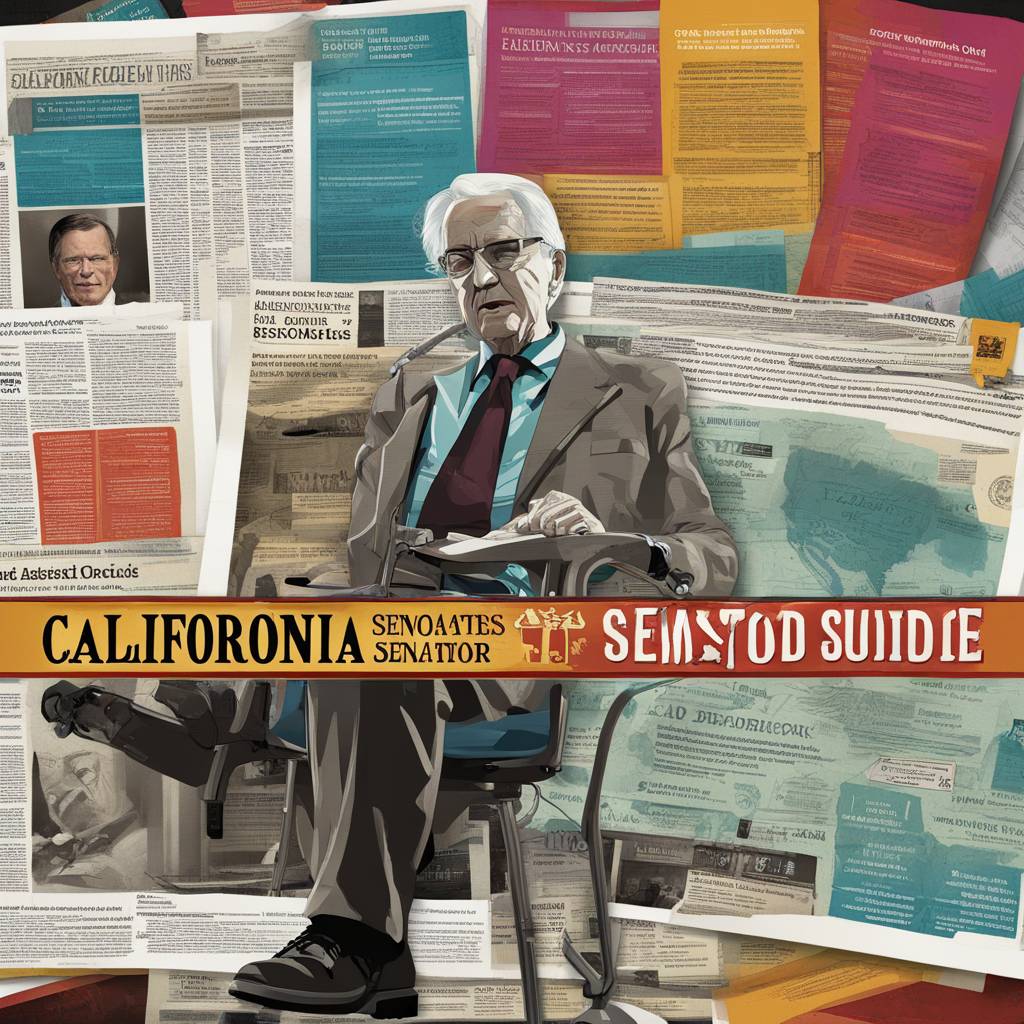A California Democrat is proposing an expansion to the state’s assisted suicide law by eliminating the requirement that eligible individuals must have only six months to live to qualify for assisted suicide. Senate Bill 1196, authored by state Sen. Catherine Blakespear, aims to remove this restriction along with the capacity requirement, which are seen as excluding many Californians from accessing aid-in-dying medicine. The controversial bill would change the current legislative language from requiring a “terminal disease” to qualifying for assisted suicide to having a “grievous and irremediable medical condition,” including psychological suffering or an incurable disease.
Blakespear believes that providing those nearing the end of their lives with medical autonomy is imperative, as individuals should be able to make decisions about their own health care that best suit their individual needs. She states that people with terminal, incurable illnesses or diseases have the right to decide what is best for their health and how they want to leave this existence. The bill would also expand access to aid-in-dying medication to those with early to mid-stage dementia and remove the 48-hour waiting barrier between a request for assisted suicide and the patient’s California residency approval.
Proponents of the bill argue that denying mentally ill individuals access to the same humane option to end their suffering amounts to discrimination. However, opponents believe that helping people commit suicide is immoral. Jonathan Keller, president of the California Family Council, a Christian nonprofit policy think tank, stated that the bill transforms despair into a policy of death on demand and broadening the criteria for assisted suicide beyond terminal illness is a dangerous departure from already inadequate safeguards. He argues that California is devaluing the inherent worth of every individual and disregarding the moral, ethical, and societal implications of legalized euthanasia.
In February, Colorado Democrats introduced similar legislation that would allow non-residents to access medically assisted suicide. The bill, titled “Medical Aid-in-Dying,” would also reduce other barriers to accessing assisted suicide by allowing advanced practice registered nurses to prescribe medication for assisted suicide. This bill, like SB 1196 in California, aims to provide individuals with more autonomy over their medical care and allow them to make choices about their own end-of-life care.
The discussion around assisted suicide laws is ongoing and varies greatly in opinion. Proponents argue that individuals should have the right to end their suffering and determine the best course of action for their own health care. However, opponents believe that assisting with suicide is immoral and opens the door to potential abuses. The expansion of assisted suicide laws to include a broader range of medical conditions and eliminate certain restrictions continues to spark debate and controversy. Each state and country must carefully consider the ethical, moral, and societal implications of such legislation before making any decisions on the matter.


